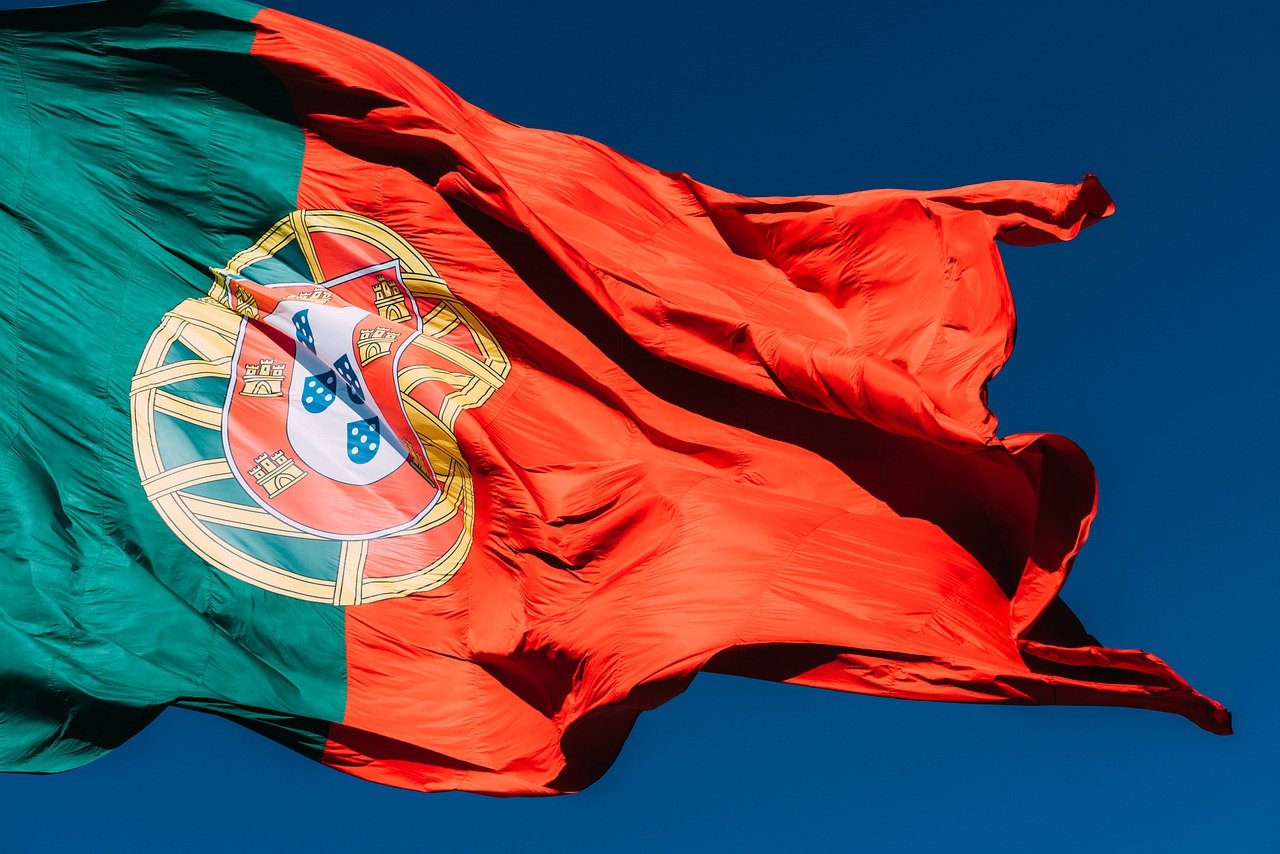Portugal is a beautiful country with a fascinating culture and language, which is why thousands of tourists head there each and every year on holiday. If you’re planning a trip to Portugal, learning a few essential phrases in Portuguese is a great way to enhance your experience. Plus, it shows locals that you are making an effort to immerse yourself in their culture. A beginner’s guide to Portuguese can help you get started, and there are a lot of resources online to help you out. But, we are here to get you started.
In this blog, you will learn 10 essential phrases you need to know before visiting Portugal. From basic greetings and introductions to asking for directions and ordering food, these phrases will help you communicate with the locals and make your trip even more enjoyable.
How to Greet People and Introduce Yourself
Portuguese is a very social language, and the most basic thing you can do to put yourself at ease is greet people and introduce yourself. Although it may seem like a simple thing to do, it can make a huge difference when meeting someone new. For example, if you meet a stranger in a store, it’s polite to greet them and introduce yourself. You can say “como você está?” (How are you?) and then mention your name and the country you’re from. You can also greet people when you’re walking around. If you see someone when you are out walking it’s polite to say “bom dia” (or good morning”).
How to Ask for Directions
When asking for directions, it’s important to use the right words. In Portuguese, “Onde está?” (Where is it?) is the phrase you want to use. The correct question to ask for directions is “Onde?” (Where is it?) The word for “where” is “onde.” For example, if you want to go to your hotel, you can ask for directions in Portuguese and say “O hotel está?” (Where is the hotel?) If you want to go to a specific street, you can ask for directions and say “Onde está a rua X?” (Where is street X?).
How to Order Food and Drinks
When ordering food and drinks in Portuguese, use the word “como” before the item you want to order. This means “like” or “as such” and is key to getting correct orders. For example, if you want to order a beer, you can say “uma cerveja” (a beer, please). You can also say “uma xícara de café” (a cup of coffee) or “uma xícara de café com leite” (a cup of coffee with milk). If you want to order something specific, you can ask “o que você quer?” (what do you want?).
How to Make Small Talk
Small talk is the cornerstone of any social interaction. It can help you make friends and meet people, and it is a great way to break the ice and ease into conversations with strangers. Many people are uncomfortable with talking to strangers, so making small talk with them can help ease that fear. There are many ways to make small talk in Portuguese. You can ask questions about the locals or the city, or you can ask questions about their country or what they like to do.
How to Make Requests
In Portuguese, you can ask for things like “por favor” (please) or “me pode dar” (can you give it to me?). When making requests, it is important to be polite and respectful. For example, if you want to go to the bathroom, you can politely ask “por favor, tomar banho” or “me pode dar um passeio?” You can also politely ask for things that help you break the ice with people.
How to Talk About Time
When talking about time, it is important to use the word “tempo.” This means “time” in Portuguese. When talking about the time, you can say “é hora de irmos embora” (it’s time to go) or “é tarde” (it’s late). You can also use words like “hoje” (today), “noite” (night) and “segunda feira” (Wednesday) to refer to specific days of the week.
How to Count
When counting in Portuguese, you can use “um” before the number. This means “one” in Portuguese. For example, if you want to say five, you can say “cinco” (five) or “cinco um” (five one). You can also use “dois” before the number if you want to say two. For example, if you want to say three, you can say “três”. When you want to say ten, you can use “dez”.
How to Respond to “Thank You”
When someone thanks you for helping them, you can say “obrigado” or “obrigada”) to say “thank you” in Portuguese. This phrase is similar to “thank you” in English, and it is a great way to respond to people who help you in Portuguese. You can also use it when someone helps you or when someone serves you. If you would say “thank you” in English, you can say “obrigada” or “obrigado” in Portuguese.
Though these are only a handful of basic phrases, they are a good place to start. You can build on these key words and sayings before going to Portugal, knowing that you will be able to use your language skills should you need to. When you visit the Algarve, you will quickly notice that the majority of people working in the tourist hotspot speak English to some degree. This will make your travels easier, but it’s always nice to impress them with a Portuguese phrase every once in awhile.

